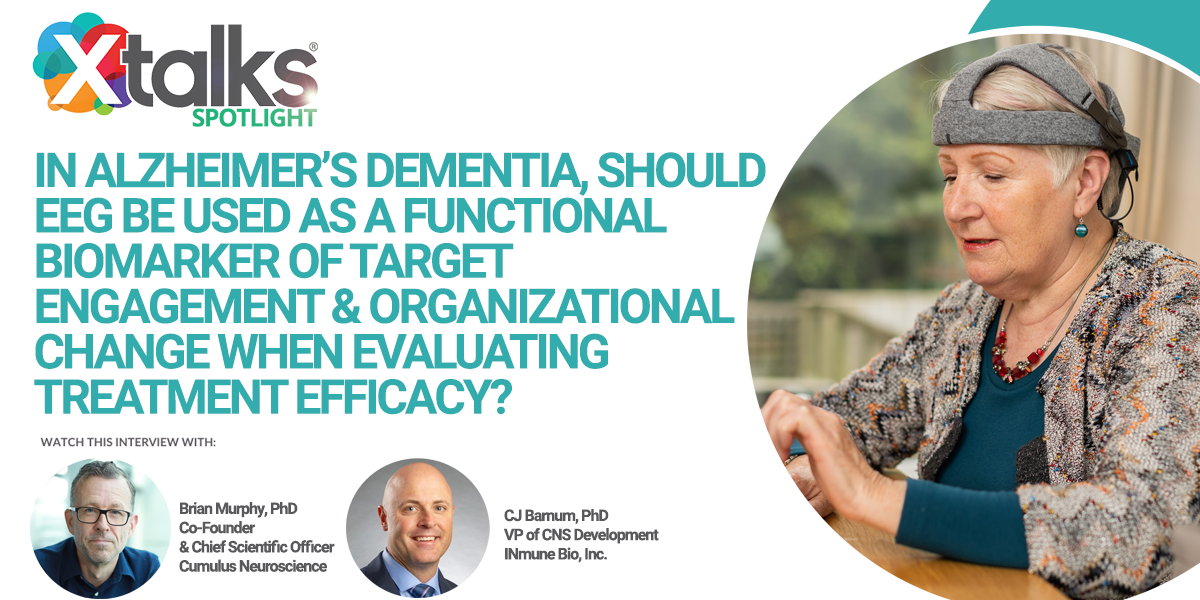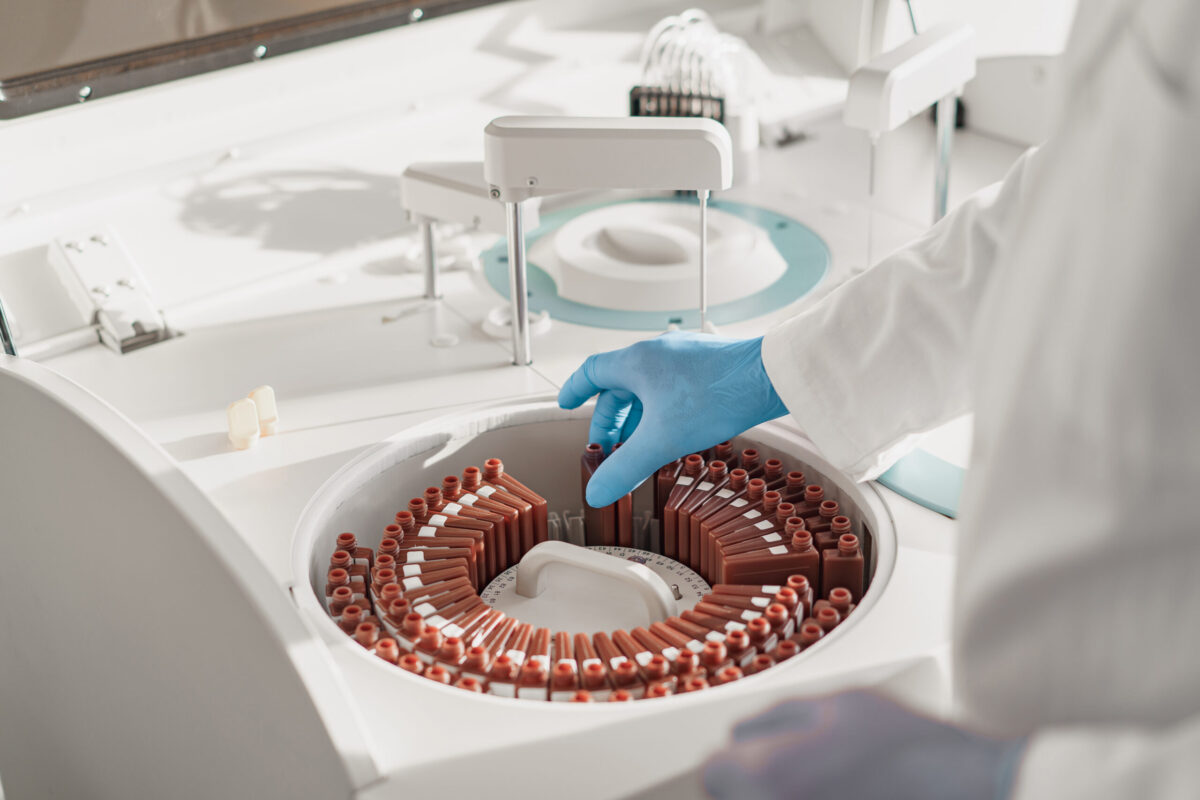Over the past several years, personalized medicine has led the charge in medical innovation, leading drug development efforts as well as furthering the research community’s understanding of human disease states. Long gone are the days of one-drug-fits-all treatments, which don’t account for the myriad of factors that could impact a patient’s treatment response, often down to a molecular level. Fortunately, technological advances — such as those pioneered by Menarini Silicon Biosystems — have allowed researchers and healthcare practitioners to decipher these issues, drilling down to single-cell genomic levels to uncover variations that may account for reduced drug efficacy or biochemical resistance.
It’s also increasingly clear that patient demographic differences can sometimes account for differences in disease incidence, progression, and prognoses, from the epidemiological sector to oncology. 2020 alone has yielded valuable population studies on COVID-19, showing correlations between disease severity and a number of factors, ranging from ethnicity to economic status to lifestyle-related variables, such as smoking. As the research and medical community learns more about population variances in disease outcomes, whether as a result of regional genetic profiles, socioeconomic factors, or environmental inputs, it’s become necessary to ensure that clinical research trials include broad swaths of global participants. This is especially important given the globalization of biotech and pharmaceutical companies, many of which have research, commercial, and regulatory presences around the world. In 2019 alone, worldwide pharma revenues totaled $1.25 trillion, with oncologics accounting for $99.5 billion.
With this has come an increase in the size of the global clinical trials market, with an estimated worth of around $46.8 billion in 2019. To accommodate this, companies have largely turned towards the utilization of external partners to support trials, due, in part, to diversification of expertise, specialized technologies, and simplified resource management. While external support is a vital part of the drug development industry, working with multiple organizations across the world can present unique challenges, such as a lack of standardization across test sites and different international regulatory requirements. Even within specific areas of study, inconsistent test methods can introduce unintended variables that may be difficult to reconcile across patient groups.
One example is liquid biopsy in the oncological space, which has emerged as a powerful, non-invasive approach to monitoring patients and studying drug efficacy by using circulating biomarkers such as circulating tumor cells (CTCs). While many methods exist to capture and measure this information, in the United States, only Menarini Silicon Biosystems’ CELLSEARCH® CTC Test for the CELLSEARCH® system is clinically validated and FDA-cleared for the enumeration of CTCs in patients with metastatic breast, prostate, or colorectal cancers. Outside of those areas, the semi-automated CELLSEARCH® system has also been used in a number of Research Use Only clinical research studies where it provides a highly standardized enumeration platform for a variety of circulating cell types.
A Global Lab Service Platform
Currently, in 2020, there are over 350,000 active clinical research studies in 218 countries around the world, and of those studies, it’s difficult to pin down exactly what percentage of them would be considered “global.” According to statistics reported by ClinicalTrials.gov, only about 5% of clinical studies are registered in both the United States and elsewhere, with a similar percentage for new patient recruitments. In addition, pharmaceutical companies with global footprints will also run concurrent studies.
However, one thing is clear, which is that there is a case to be made for simplifying multinational, multi-site studies by using clinical lab service providers that straddle continents. Of the small number of laboratories that can fill such a role, Menarini Silicon Biosystems — with labs in the United States and Italy — is unique in that it also boasts expertise in the oncology and liquid biopsy space, with the aforementioned CELLSEARCH® system. Integrated technologies, such as the Research Use Only platform, DEPArray™*, allow for the further exploration of precision medicine by allowing researchers to easily identify and isolate single cells for downstream genetic analysis.
In the United States, Menarini Silicon Biosystems’ Pennsylvania-based lab is CLIA Certified and ISO 15189-accredited, with licenses from New York, California, Maryland, Pennsylvania, and Rhode Island. The lab has processed over 25,000 samples, participated in almost 60 clinical trials, and has partnered with over 25 different pharmaceutical companies. A mirror lab in Bologna, Italy shares the same quality management system, with ISO 15189 accreditation on track for approval in the first half of 2021. Together, the labs have over 13 years of experience in working closely alongside pharmaceutical and biotech companies, a relationship that thrives due to the core beliefs that samples are irreplaceable, and each study needs to be treated uniquely and with care. Throughout those years, we have supported our pharma partners through successfully completing regulatory and company audits with zero major findings.
In addition to compliant lab practices, the ease and success in working with Menarini Silicon Biosystems are due to the technology. Patented CellSave® and CellRescue™* blood collection tubes stabilize cells and allow for a 96-hour window from sample collection to sample testing, all at room temperature. This is in stark contrast to standard evacuated blood collection tubes, in which fragile cells can degrade within a few hours. The 96-hour time window allows for the confidence of coordinating multi-site studies, which is especially convenient for rare diseases such as multiple myeloma or other rare cancers. The lab services leverage MSB’s specialized and integrated workflow, from the highly sensitive CELLSEARCH® platform for cell enumeration to the DEPArray™, for precise single-cell sorting and retrieval. Menarini Silicon Biosystems also has a proven track record of developing reproducible, customized assays for specific biomarkers of interest, combining cell enumeration and isolation expertise with clients’ individual research needs.
Of course, as equally important as the science is the customer relationship. Unlike the challenges that clinical trial managers may face when working with multiple partners, each with their own preferred data reporting systems, results from Menarini Silicon Biosystems’ customer-oriented laboratory service centers can be tailored to the researchers’ needs and cadences, and standardized across test sites. Problem-solving is first priority, allowing for flexibility in the face of unforeseen hurdles, such as the COVID-19 pandemic or regulatory changes. A unified, global service also means that these changes can immediately be communicated and implemented across test sites, regardless of location.
While global clinical studies are not without their organizational challenges, choosing a multinational lab with unparalleled liquid biopsy and single-cell isolation expertise can greatly reduce some of that burden. And as medical advances validate the need for population studies and highly precise therapies, it is beneficial to choose a lab with targeted technological expertise.
*CellRescue™ and DEPArray™ are for Research Use Only. Not for use in diagnostic procedures.
This article was created in collaboration with the sponsoring company and the Xtalks editorial team.








Join or login to leave a comment
JOIN LOGIN